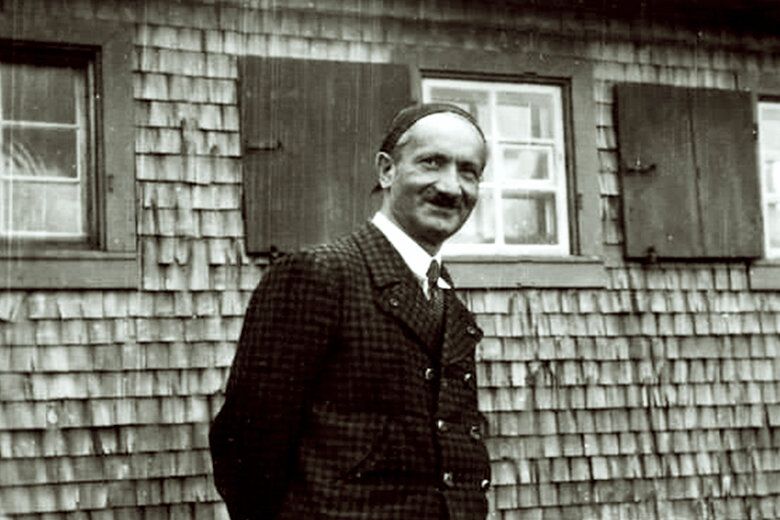
Das Man
“We forfeit three-quarters of ourselves in order to be like other people.”
Arthur Schopenhauer
Inauthenticity and the They
One of the central concepts In Being and Time is Martin Heidegger’s treatment of authenticity. Heidegger asserts the default mode for human beings is to live what he describes as inauthentic. For example, rather than facing up to one’s own finitude—represented above all by the inevitability of death—human beings seek distraction and escape into moods such as curiosity, ambiguity, and idle talk. Heidegger characterized such conformity in terms of the notion of the anonymous das Man, or “the They.”
Das Man
Heidegger describes Dasein as subject to a constant pressure to bring its intentional performances into agreement with those of its peers and thence with a generic description of ‘what one does.’
Authenticity and the Call to Conscience
Conversely, the possibility of authentic being-in-the-world seemed to portend to being capable of heeding the “call of conscience” to fulfill one’s ontological potential.
“When I ask for a garment of a particular form, my tailoress tells me gravely, “They do not make them so now,” not emphasizing the “They” at all, as if she quoted an authority as impersonal as the Fates, and I find it difficult to get made what I want, simply because she cannot believe that I mean what I say, that I am so rash. When I hear this oracular sentence, I am for a moment absorbed in thought, emphasizing to myself each word separately that I may come at the meaning of it, that I may find out by what degree of consanguinity They are related to me, and what authority they may have in an affair which affects me so nearly; and, finally, I am inclined to answer her with equal mystery, and without any more emphasis of the ‘they”’– ‘it is true, they did not make them so recently, but they do now.’”

